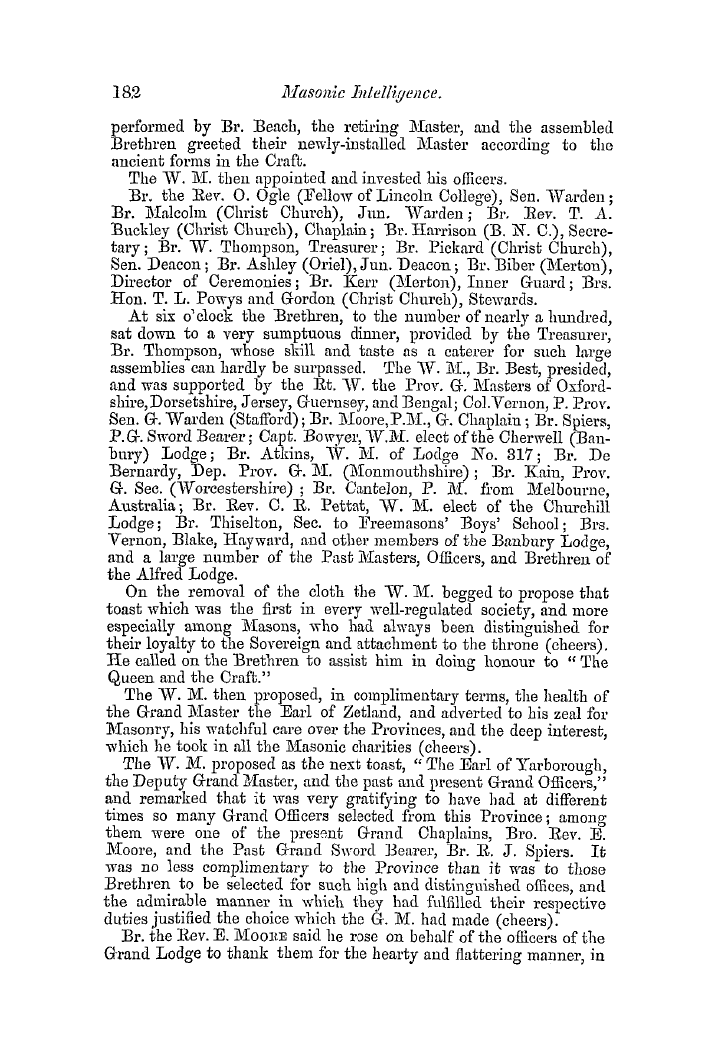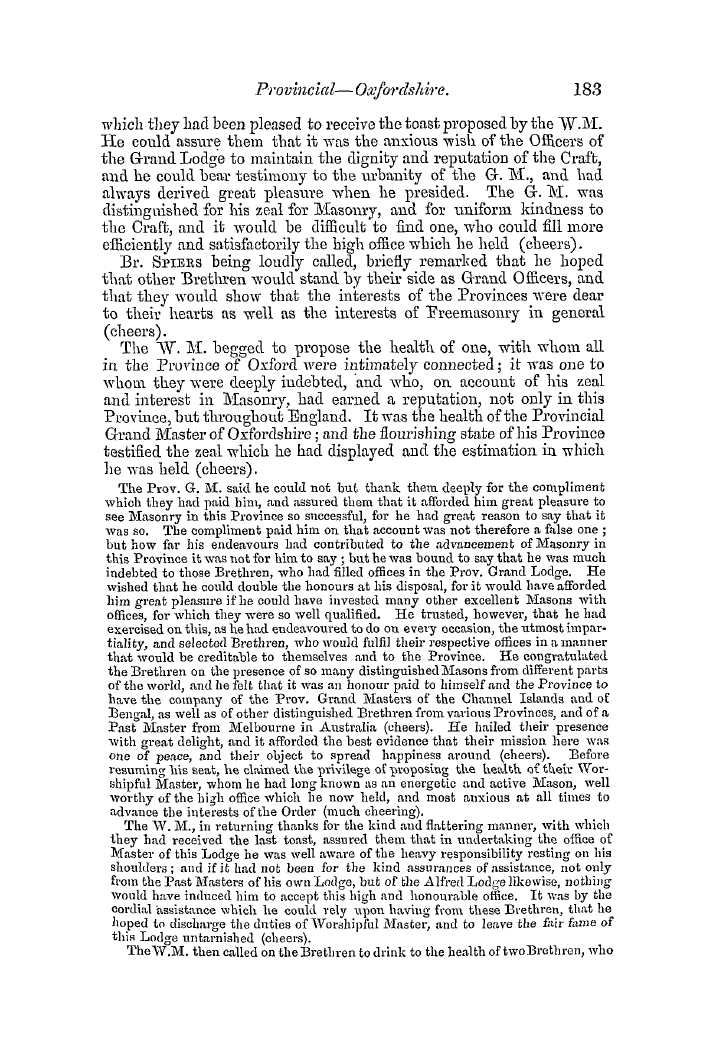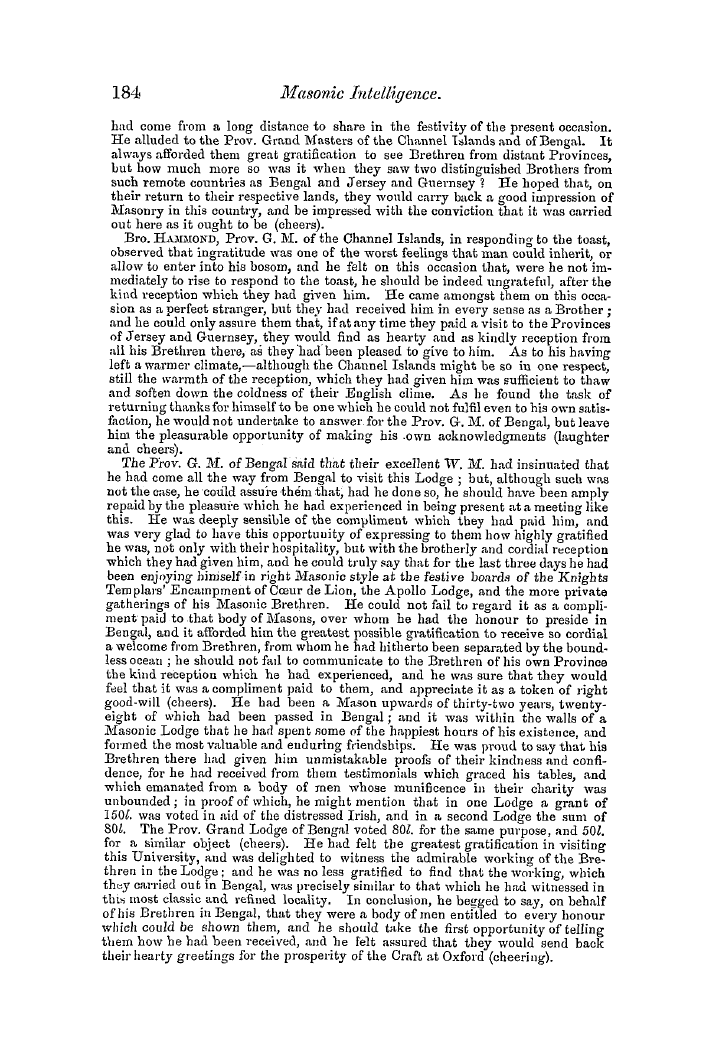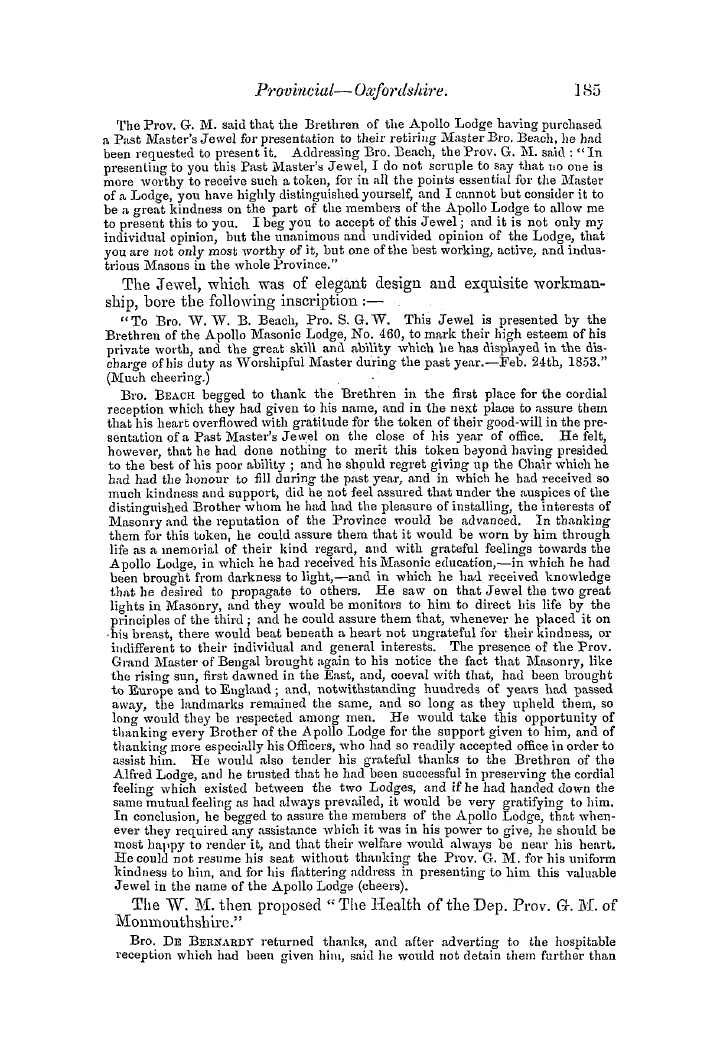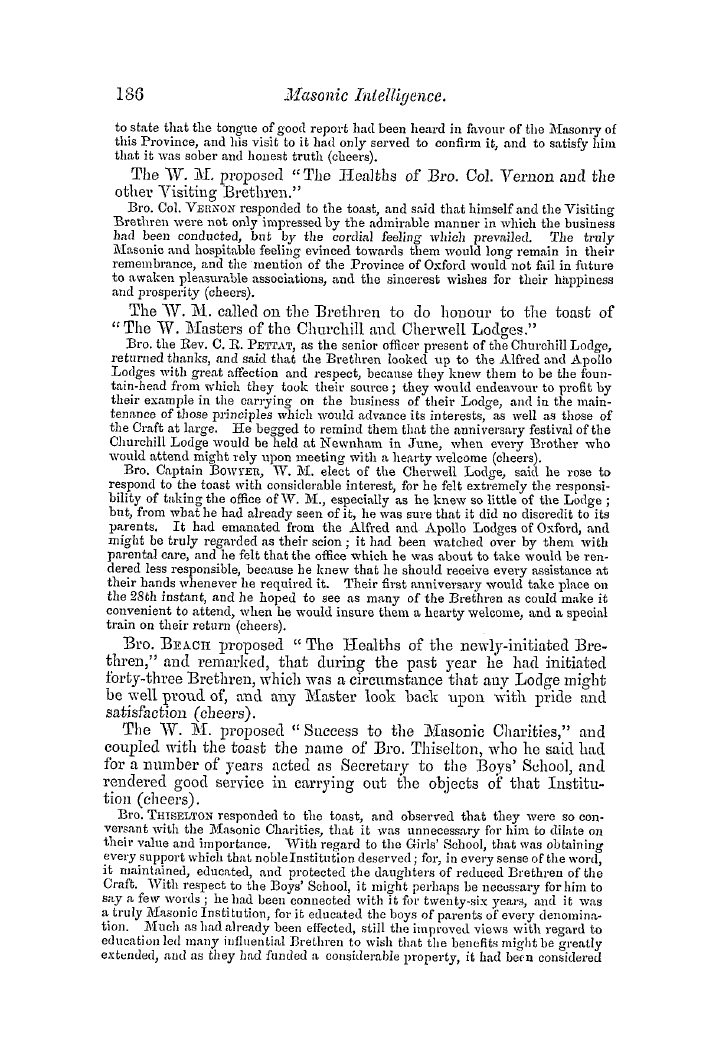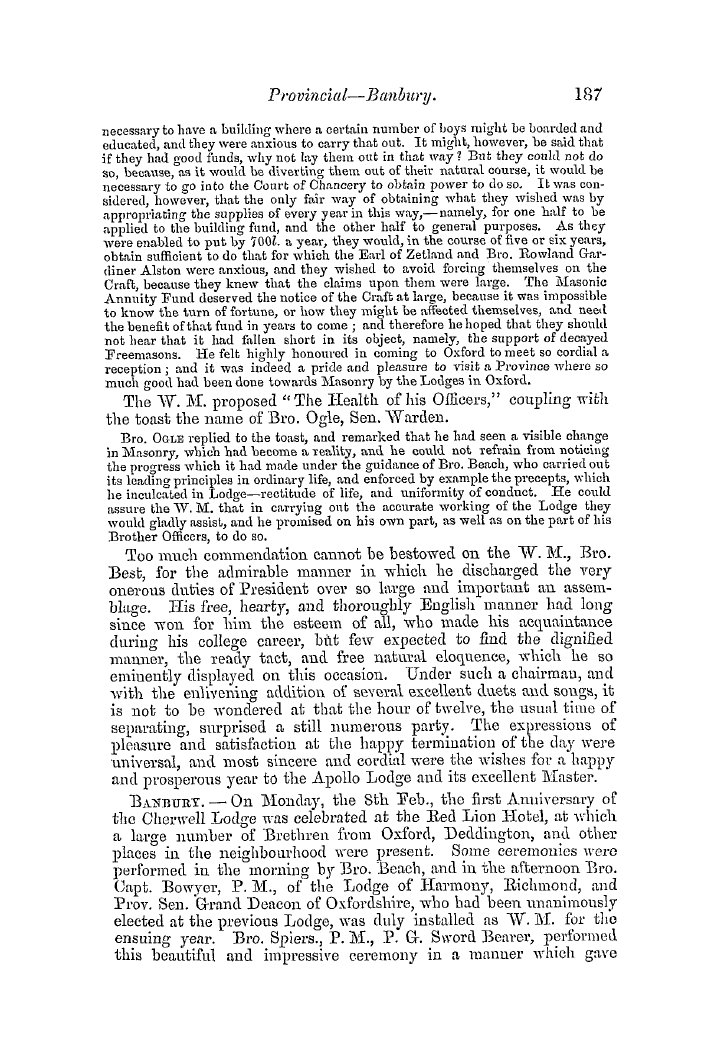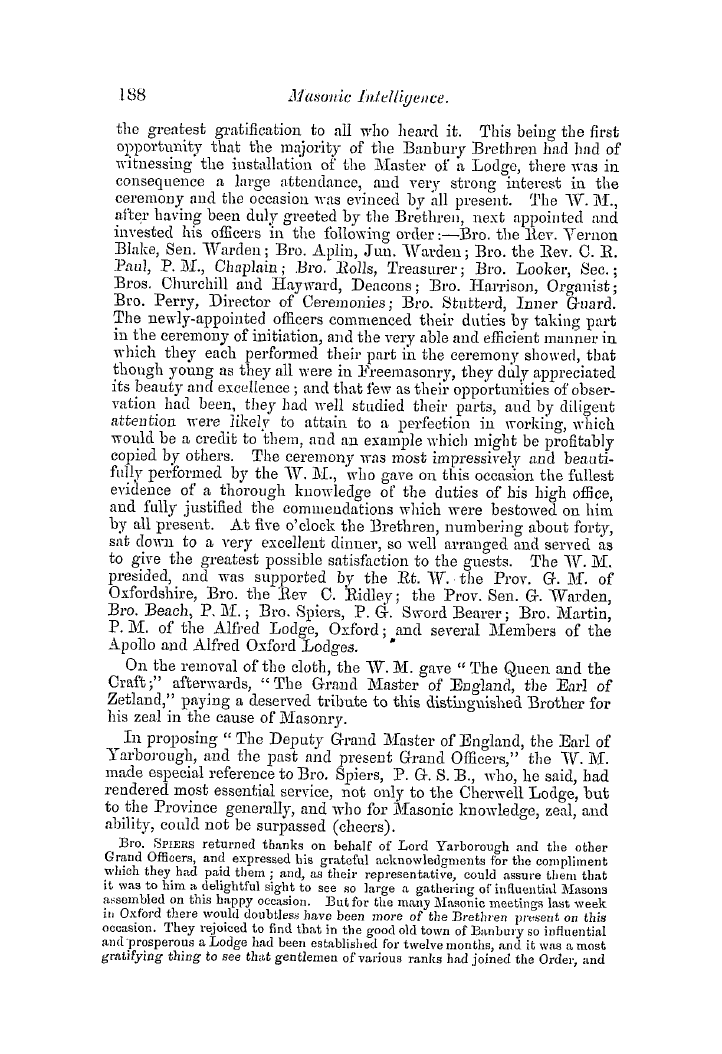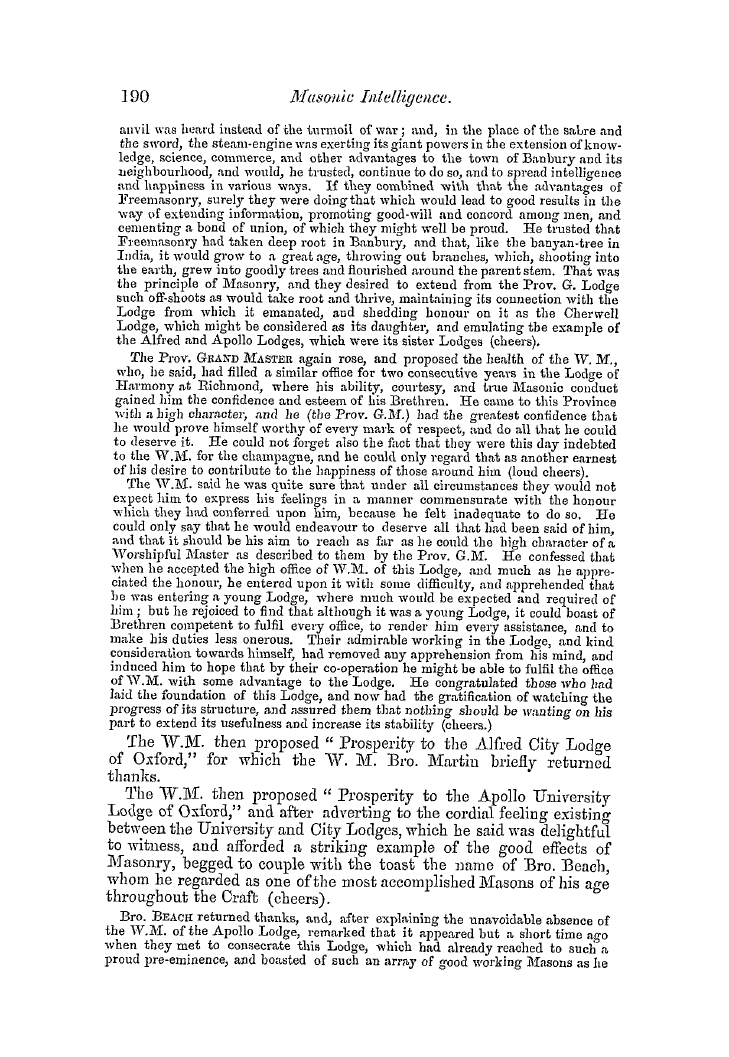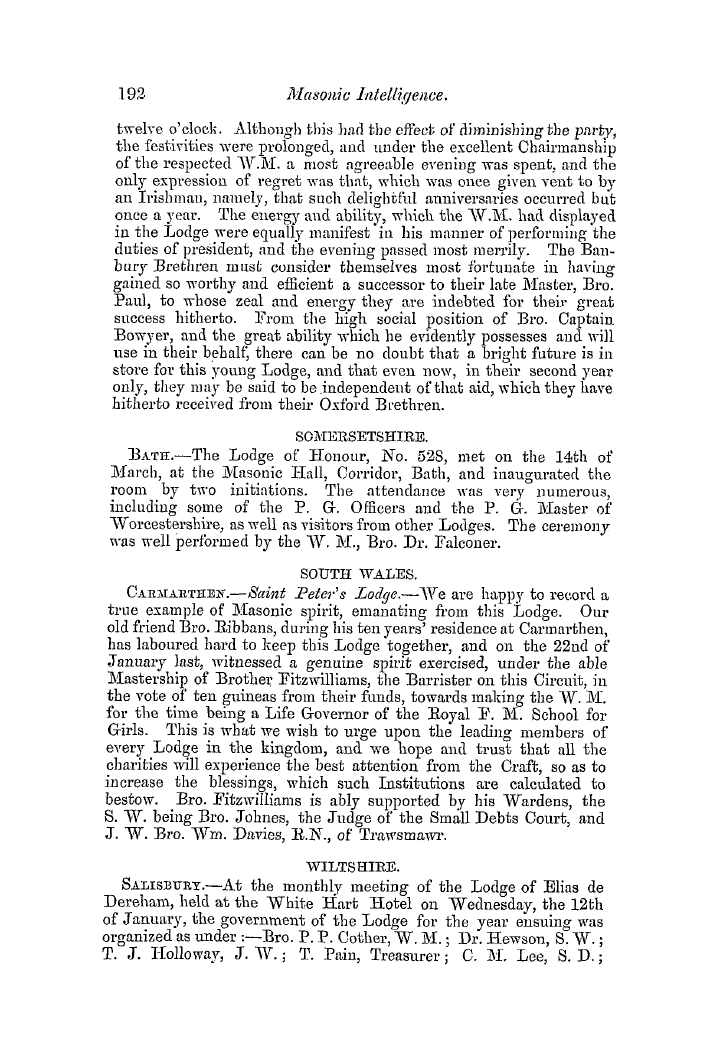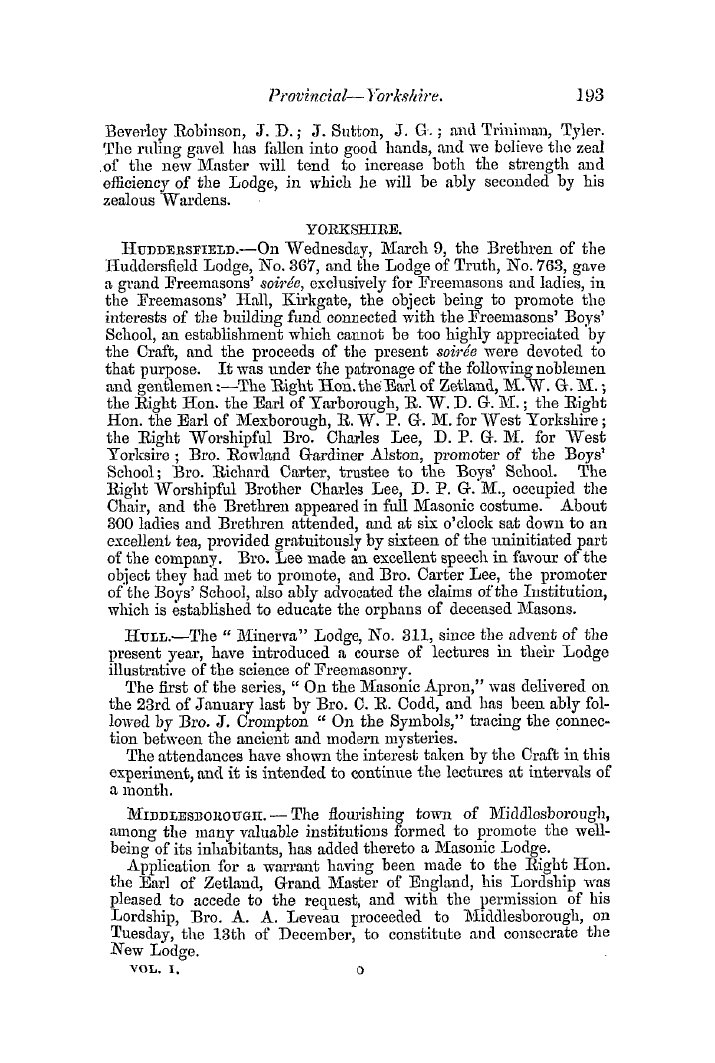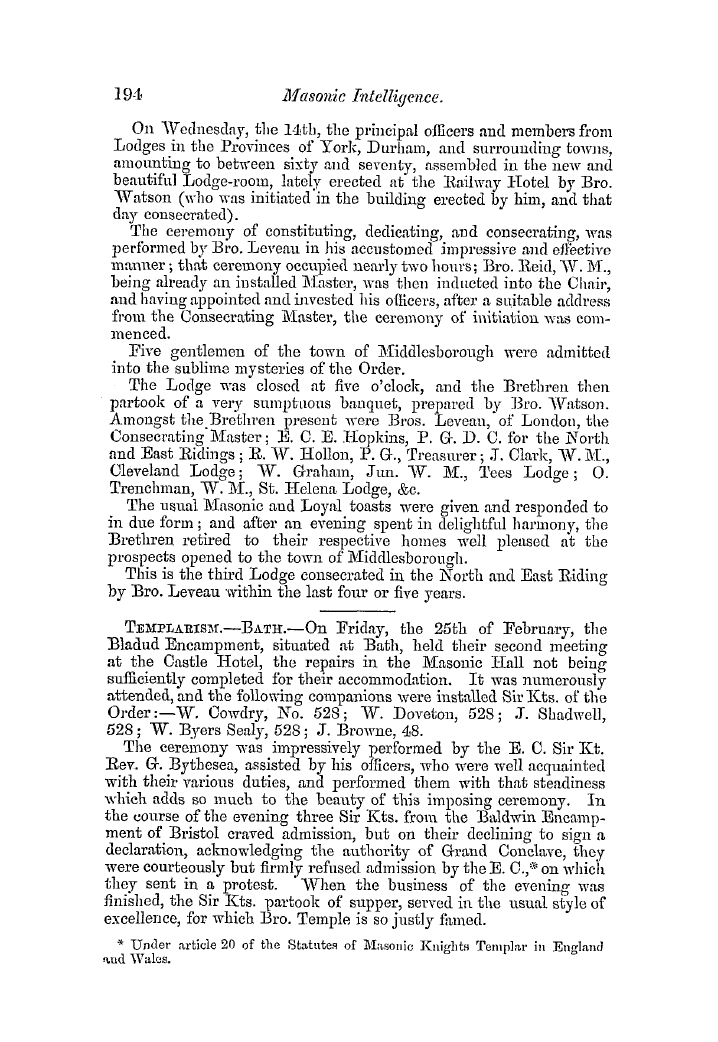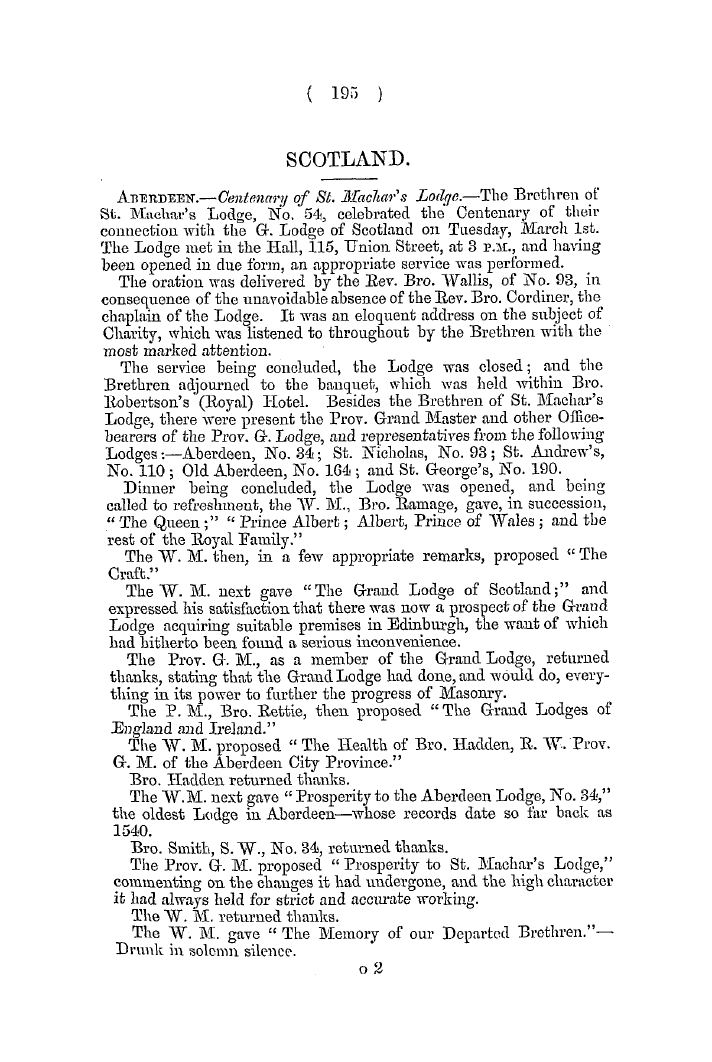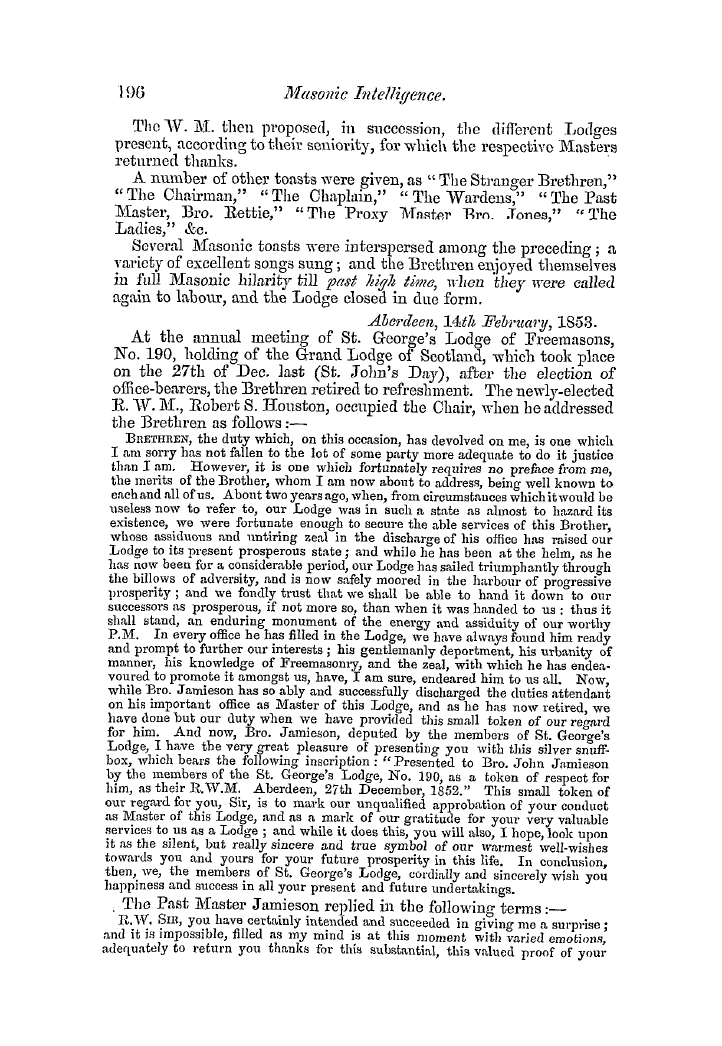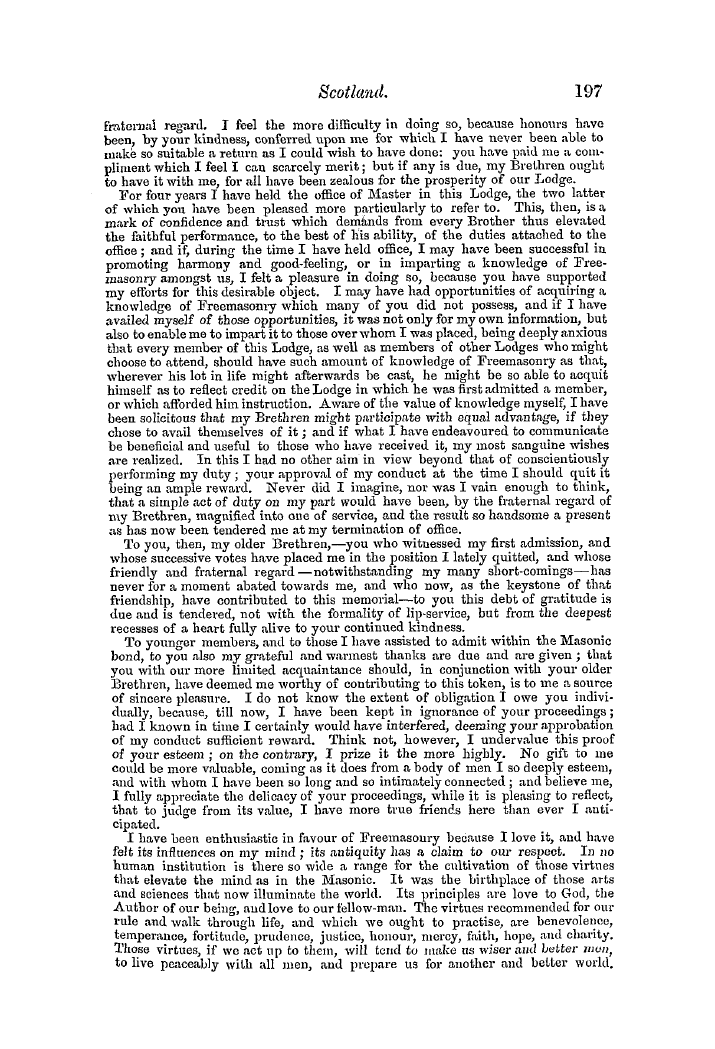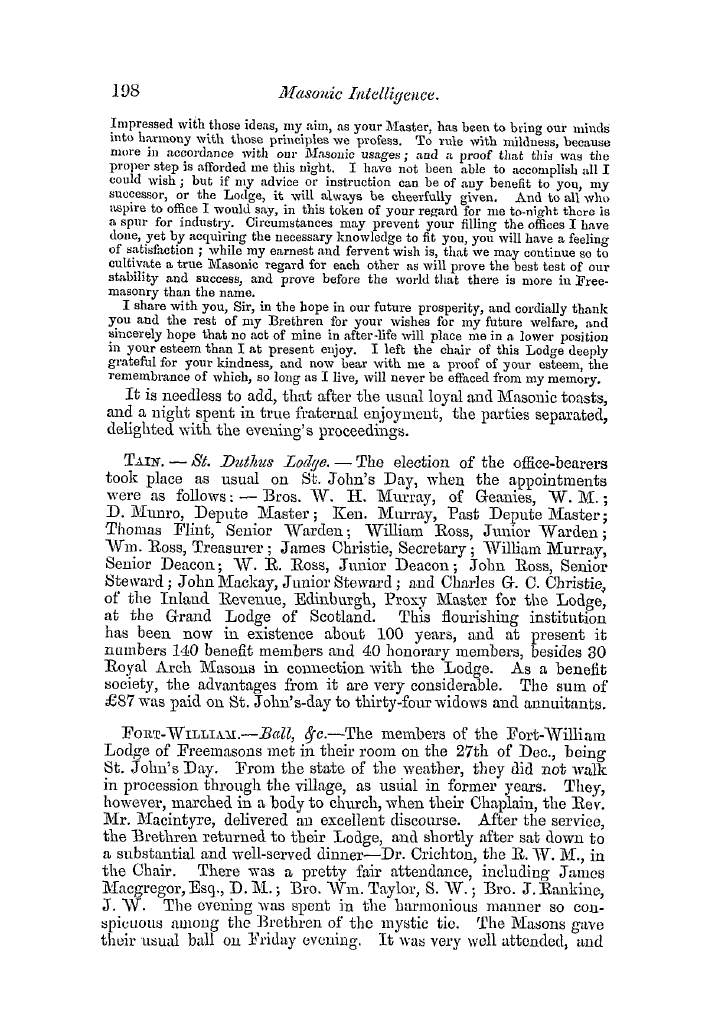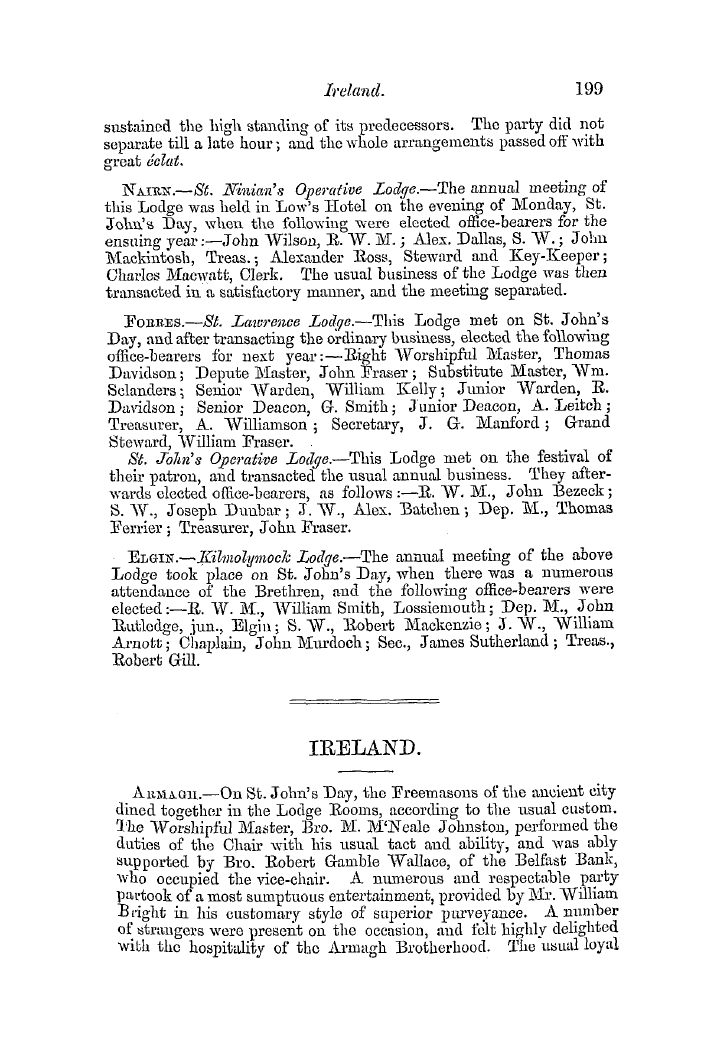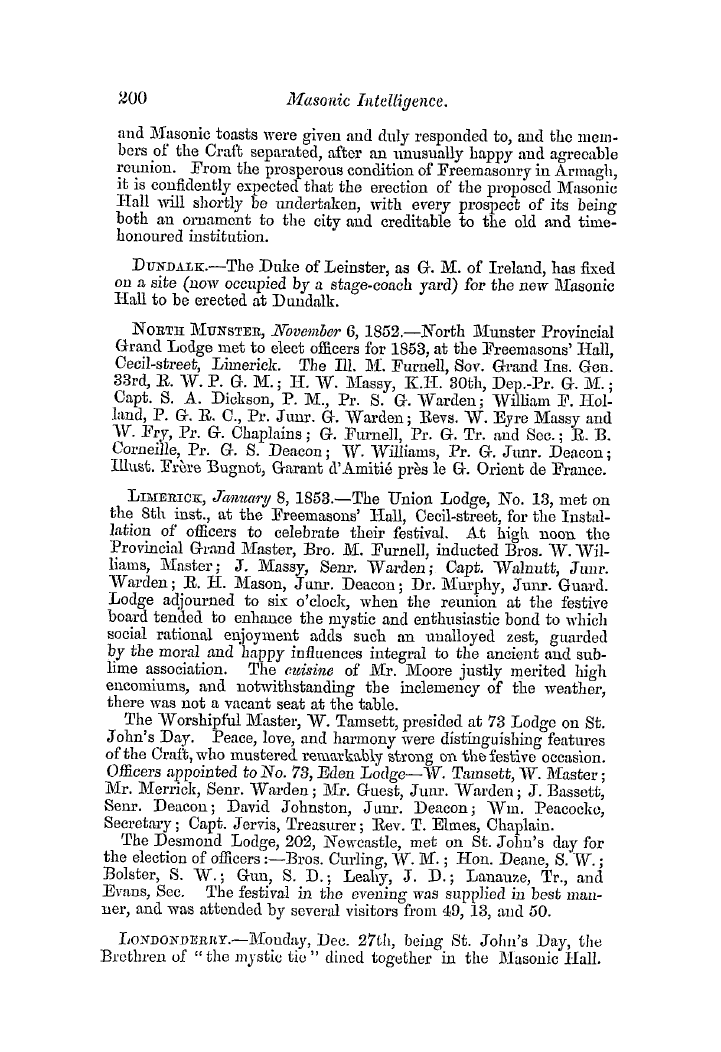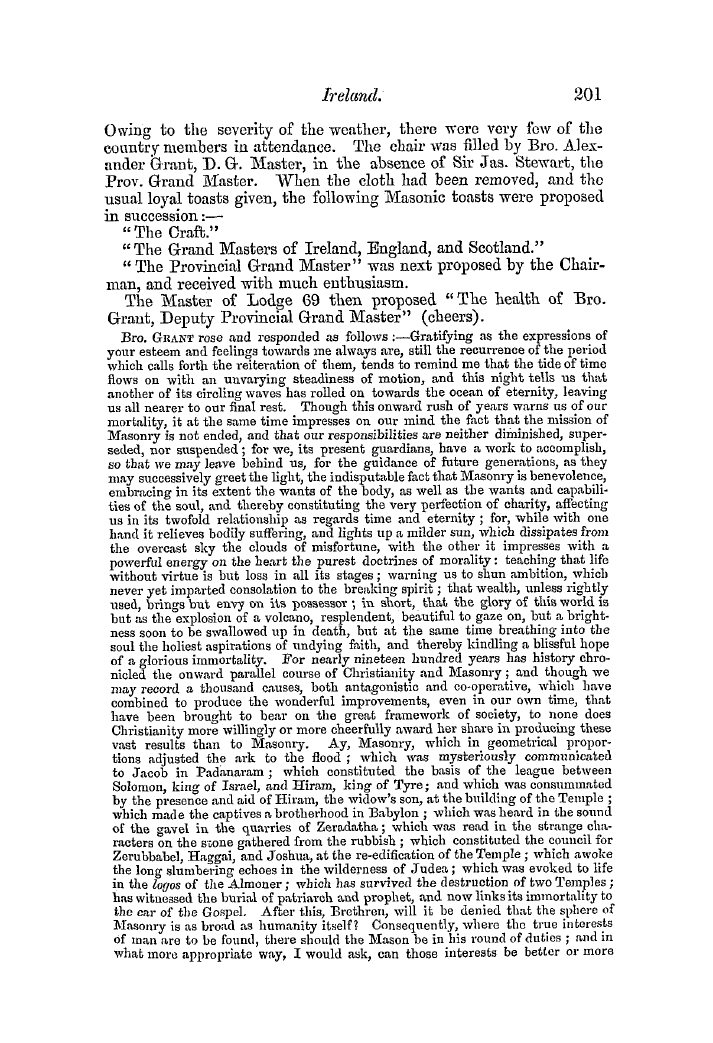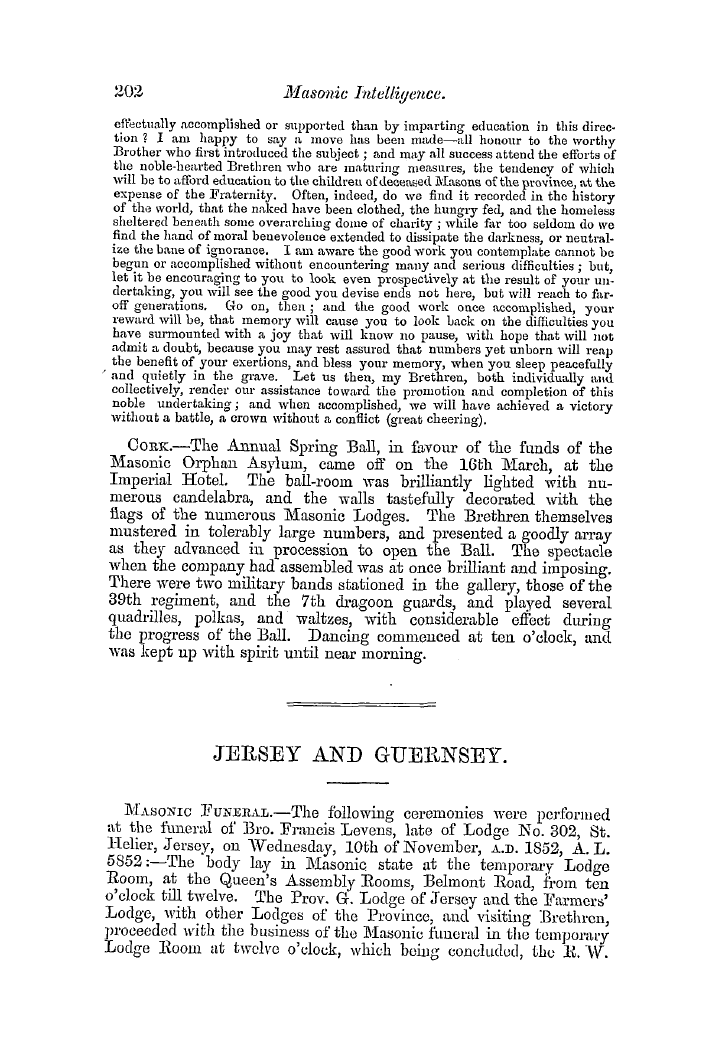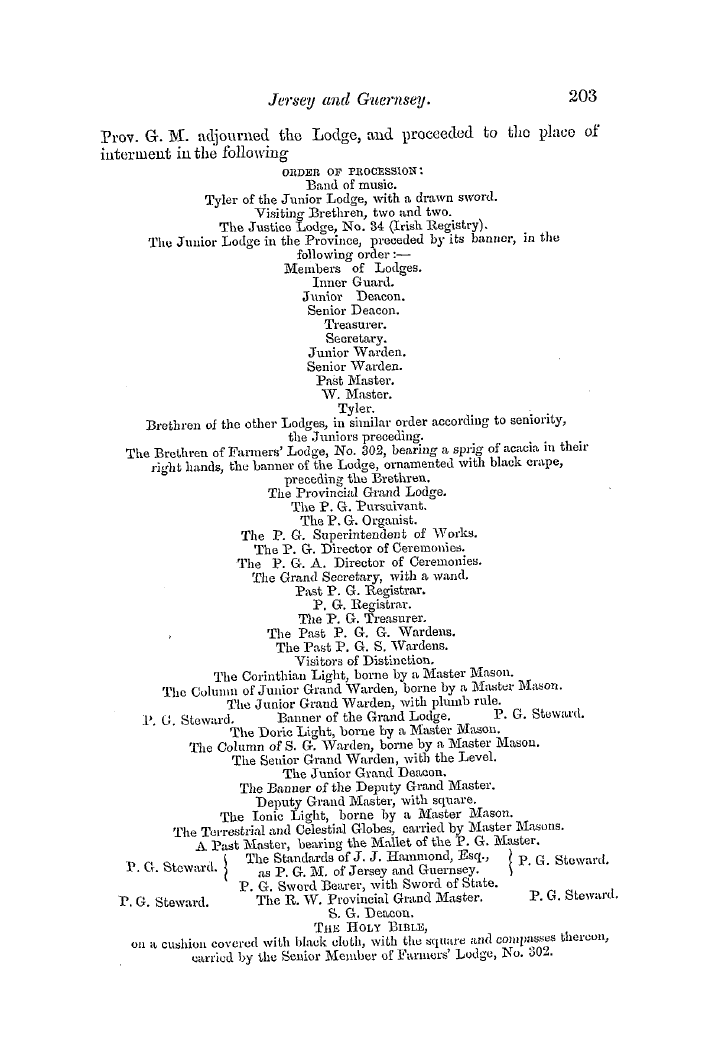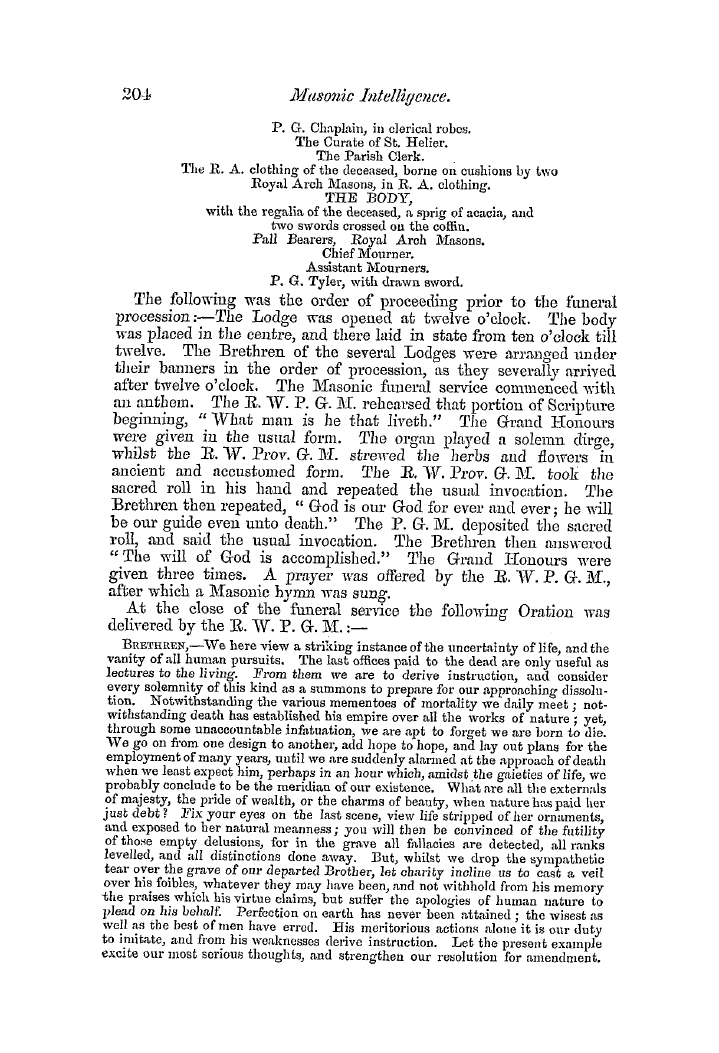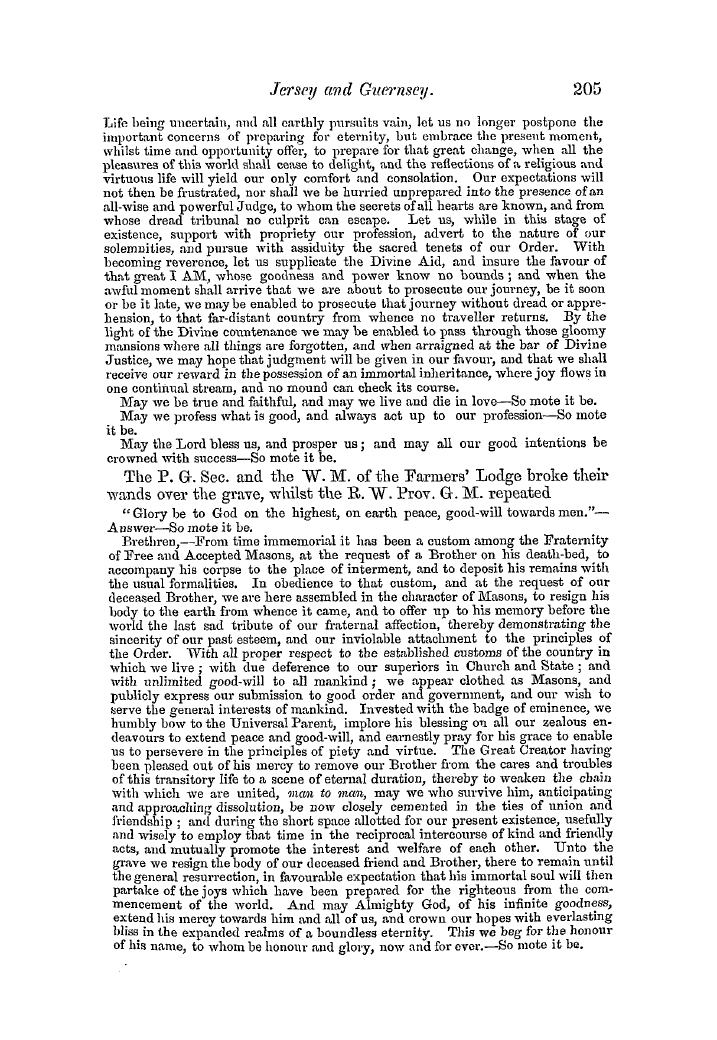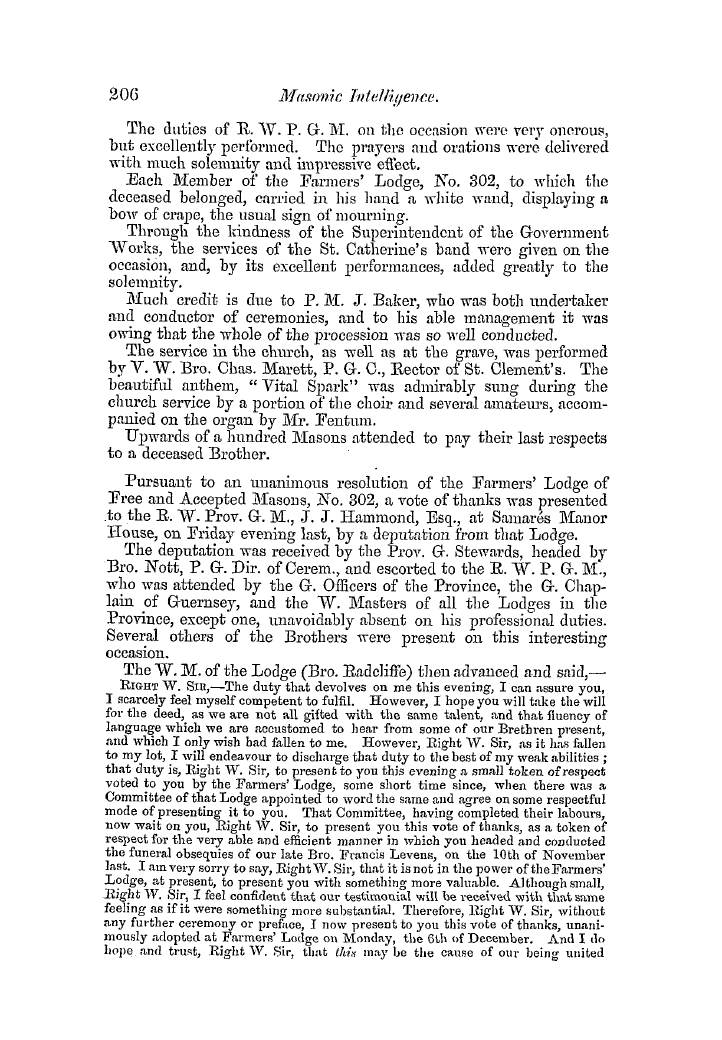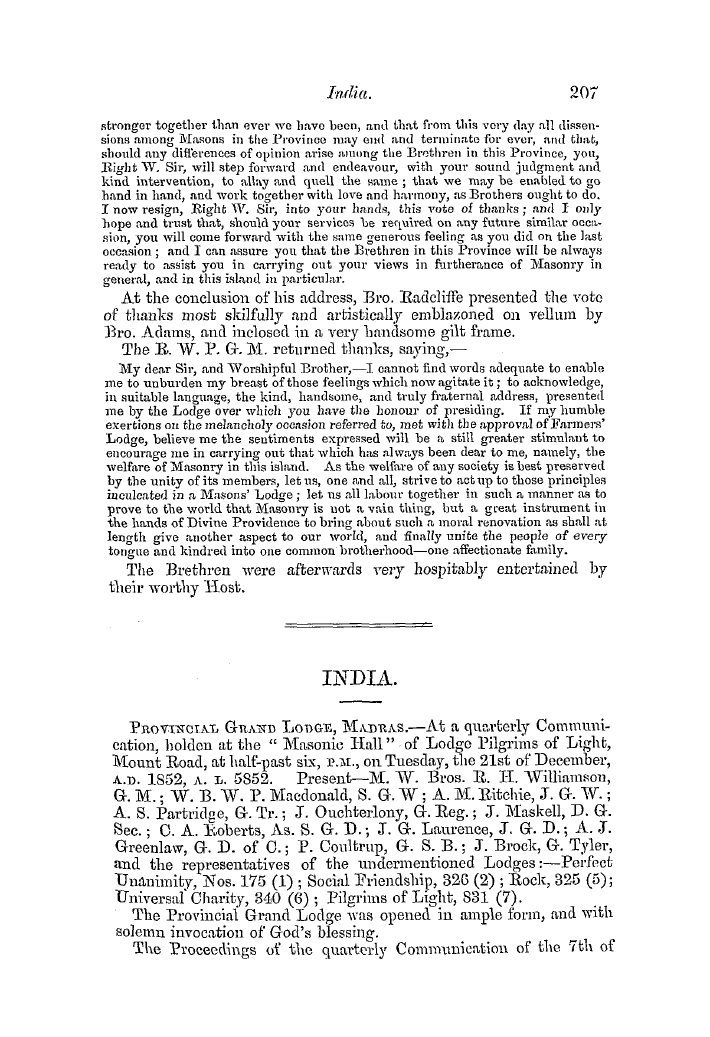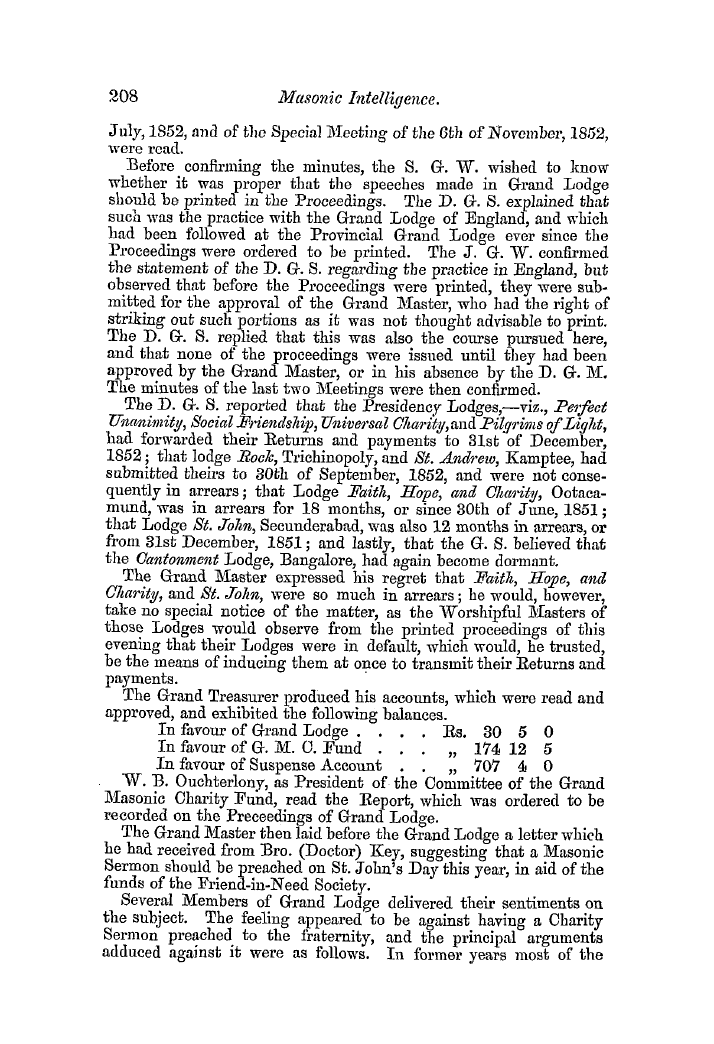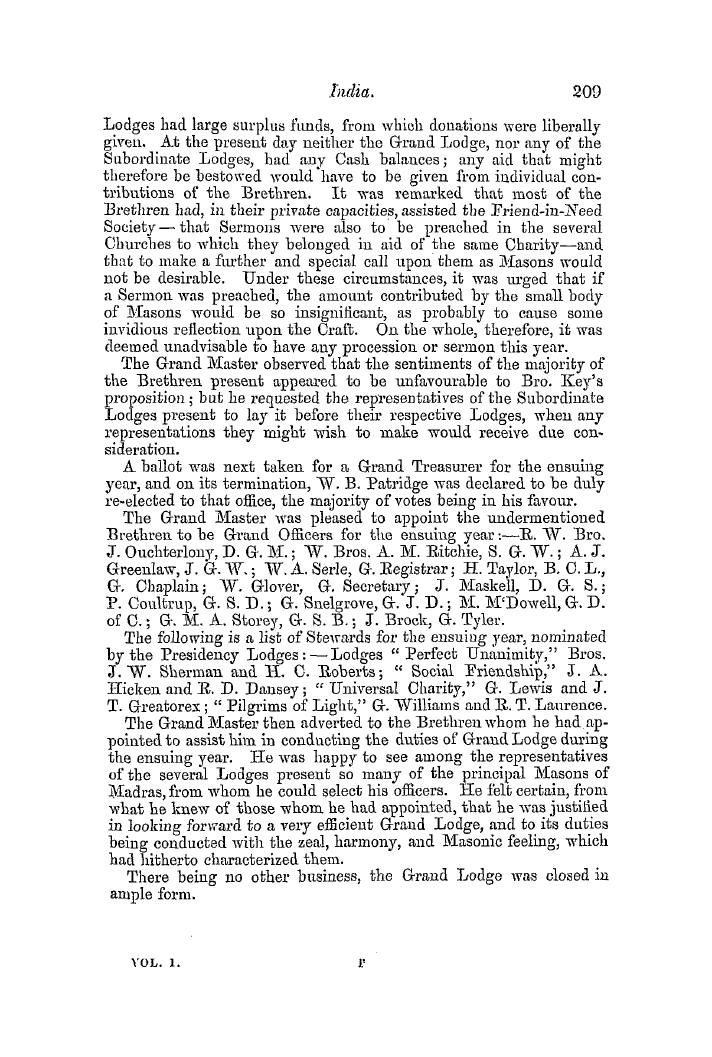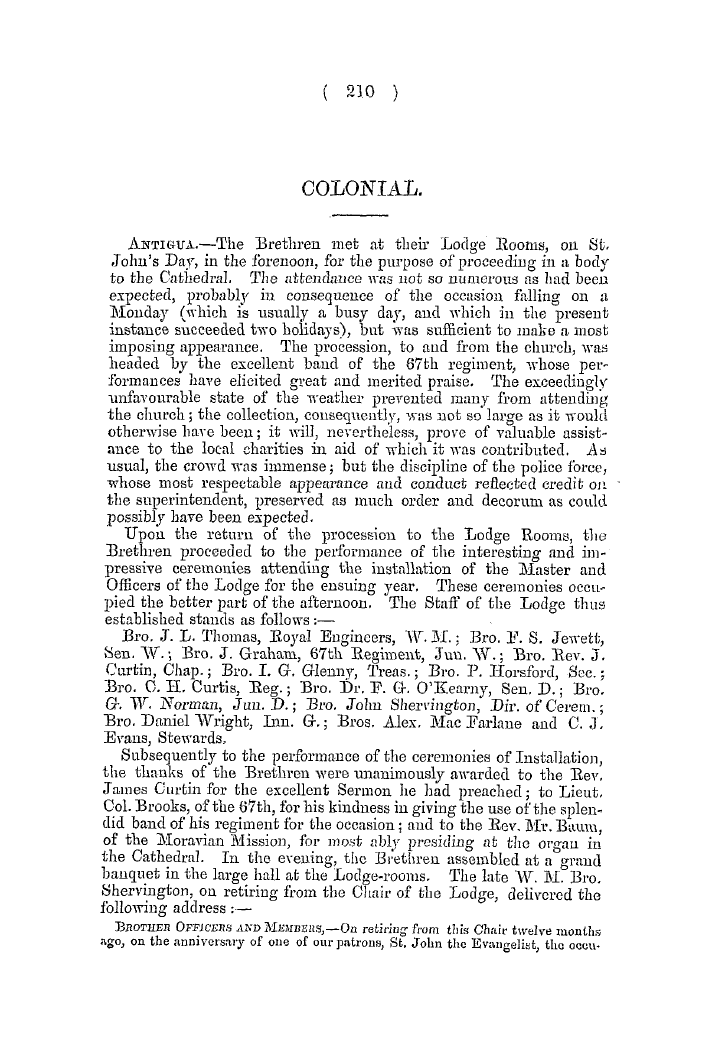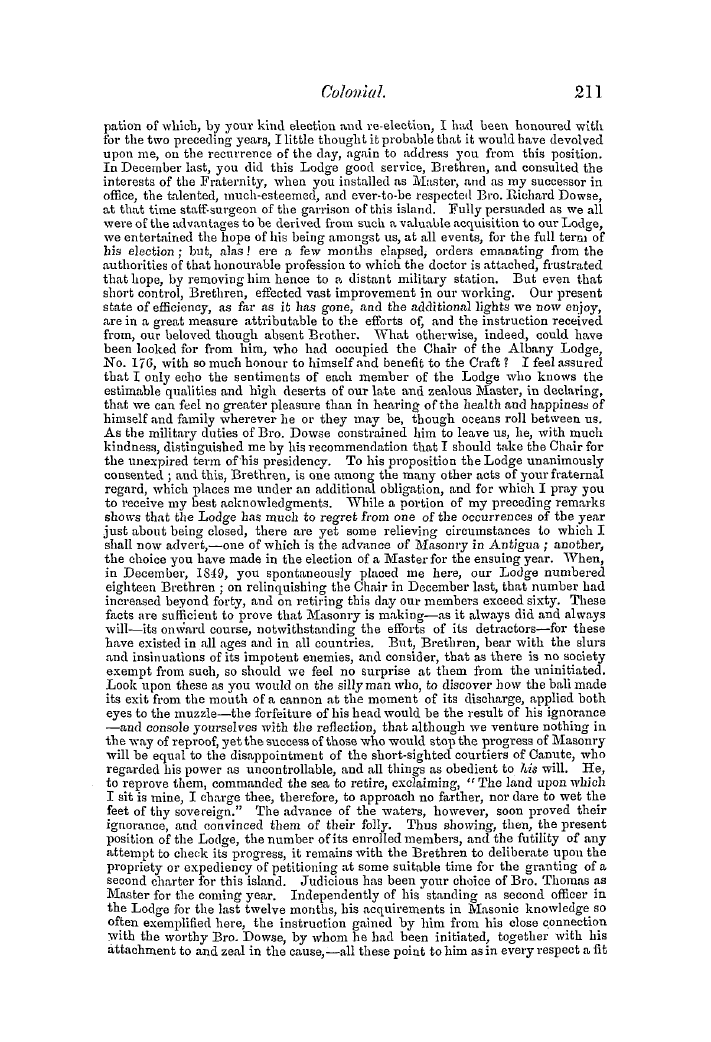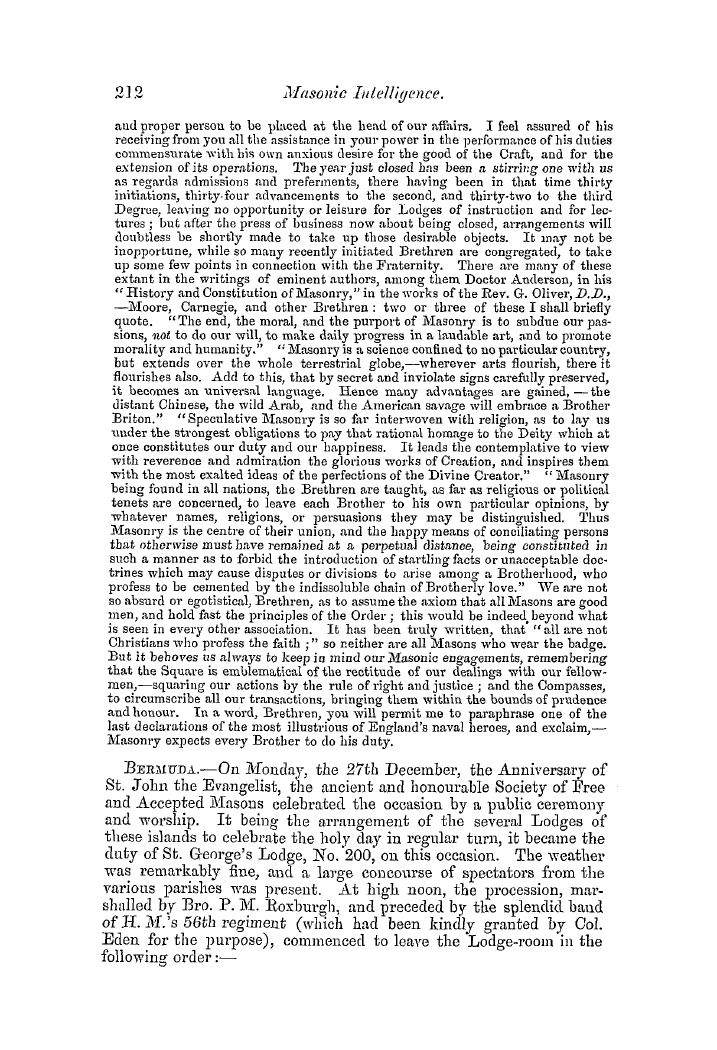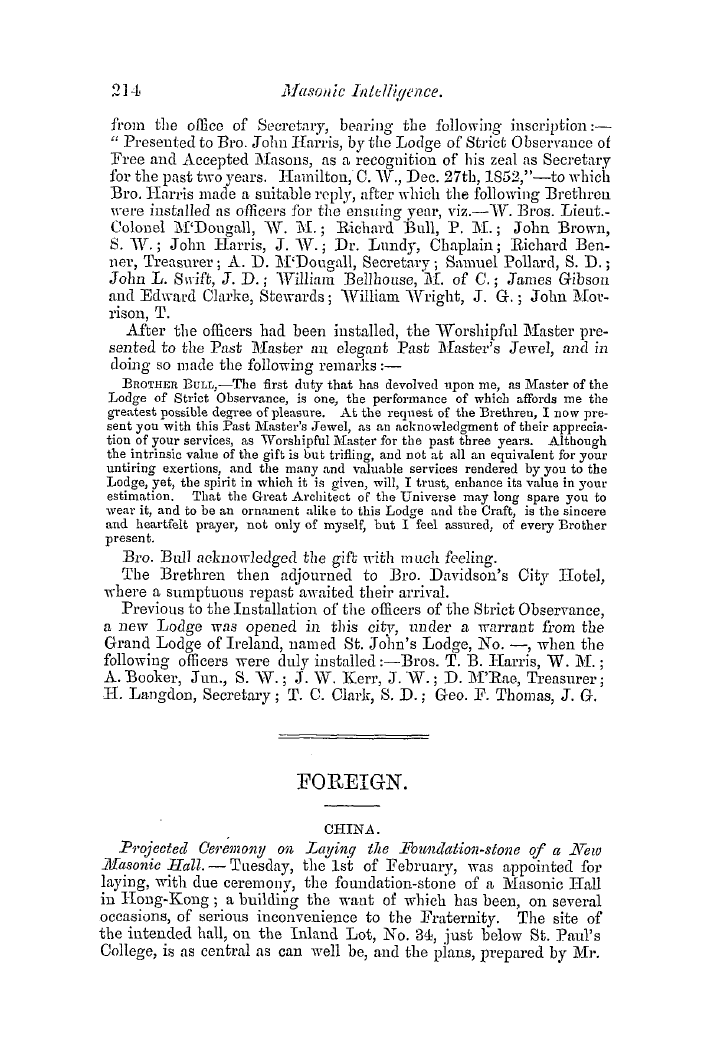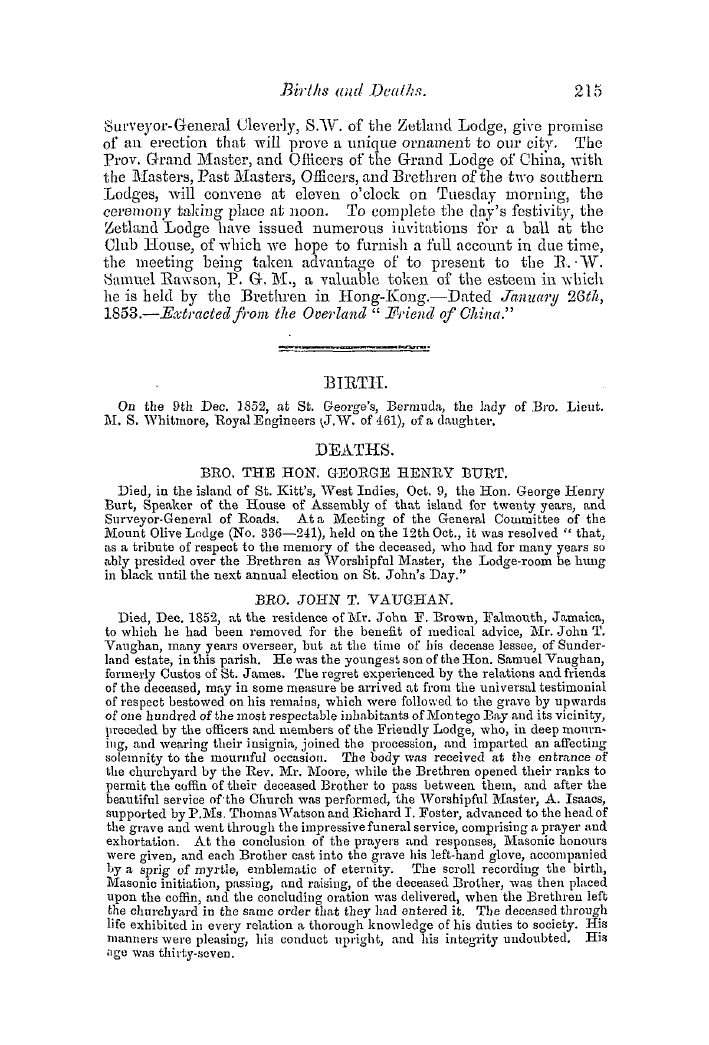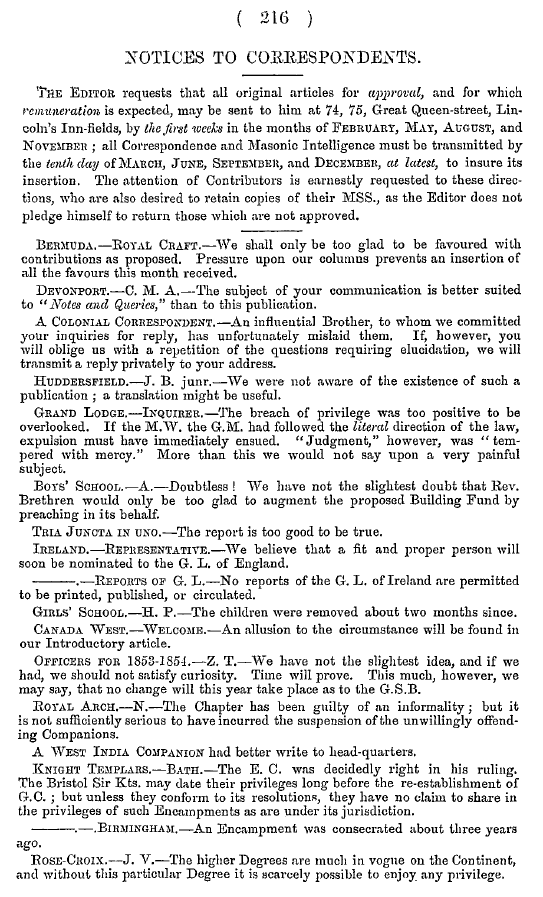Note: This text has been automatically extracted via Optical Character Recognition (OCR) software.
Female Literature In France In The Seventeenth Century.
AA'as herself Avell known in the Avorld of letters . She produced several Avorks , which became popular ; and among the rest the " Modern Ariosto , " and half a dozen novels , AA'hich have been long forgotten . M . de Beaucour , AA'ho Avas a parliamentary advocate , and a man of considerable eruditionA * ied AA'ith his Avife in cultivating
, the early-developed talents of the little Genevieve , AVIIO received an excellent education , by AA'hich she largely profited . Her earliest prepossession was in favour of theatrical composition , and she accordingly produced both comedies and operas , Avhich ' achieved a certain success : but her principal work , and one which may really be regarded as a literary curiosity , is a " Secret
History of Don Antonio of Portugal , " AA'hich she professes to have compiled from a MS . found among the jiapers of her grandfather Gomes , the brother of Scipio de Vasconcelles , Avho shared the eA'il fortunes of Don Antonio , ancl the confidence of the princes his sons . As a matter of private history , this AA'ork , assuming its veracity , is invaluable ; nor does there appear any
reason to doubt the assertion of its author ; xvhile it is at least certain that the AA'hole narrative has an . air of truth and fidelity which bears strong evidence to the correctness of the statement . One little ballad , written by this lady , has attracted me by its playfulness ; and I believe that I shall be forgiven if I venture to vary my article by its insertion in an English dress : —
" When a lover , young and fond , Never from us seeks to rove , Wherefore should we look beyond ? It were folly not to love ! When we see a faithless one , Every eye and lip can move , . Here one hour , the next one gone ,
It were folly then to love ! When we ' re free to weave a chain , Time and sorrow fail to prove , Worn without regret or pain , It were folly not to love ! AVhen or doubts or fears arise , That our charms have ceased to move , And chilling glances meet our eyes , It were folly then to love ! When our youth is gay and bright ,
And glittering visions round us rove , When all about us breathes delight , It were folly not to love ! When a suitor bold and vain , Persists while we in scorn reprove , And asks to be beloved again , It were folly then to love !
Note: This text has been automatically extracted via Optical Character Recognition (OCR) software.
Female Literature In France In The Seventeenth Century.
AA'as herself Avell known in the Avorld of letters . She produced several Avorks , which became popular ; and among the rest the " Modern Ariosto , " and half a dozen novels , AA'hich have been long forgotten . M . de Beaucour , AA'ho Avas a parliamentary advocate , and a man of considerable eruditionA * ied AA'ith his Avife in cultivating
, the early-developed talents of the little Genevieve , AVIIO received an excellent education , by AA'hich she largely profited . Her earliest prepossession was in favour of theatrical composition , and she accordingly produced both comedies and operas , Avhich ' achieved a certain success : but her principal work , and one which may really be regarded as a literary curiosity , is a " Secret
History of Don Antonio of Portugal , " AA'hich she professes to have compiled from a MS . found among the jiapers of her grandfather Gomes , the brother of Scipio de Vasconcelles , Avho shared the eA'il fortunes of Don Antonio , ancl the confidence of the princes his sons . As a matter of private history , this AA'ork , assuming its veracity , is invaluable ; nor does there appear any
reason to doubt the assertion of its author ; xvhile it is at least certain that the AA'hole narrative has an . air of truth and fidelity which bears strong evidence to the correctness of the statement . One little ballad , written by this lady , has attracted me by its playfulness ; and I believe that I shall be forgiven if I venture to vary my article by its insertion in an English dress : —
" When a lover , young and fond , Never from us seeks to rove , Wherefore should we look beyond ? It were folly not to love ! When we see a faithless one , Every eye and lip can move , . Here one hour , the next one gone ,
It were folly then to love ! When we ' re free to weave a chain , Time and sorrow fail to prove , Worn without regret or pain , It were folly not to love ! AVhen or doubts or fears arise , That our charms have ceased to move , And chilling glances meet our eyes , It were folly then to love ! When our youth is gay and bright ,
And glittering visions round us rove , When all about us breathes delight , It were folly not to love ! When a suitor bold and vain , Persists while we in scorn reprove , And asks to be beloved again , It were folly then to love !































































































































































































